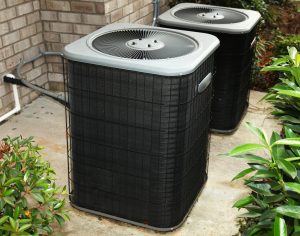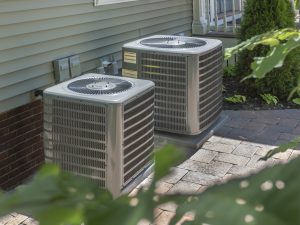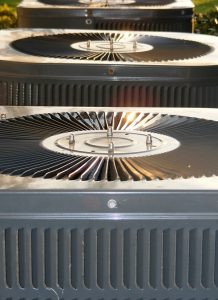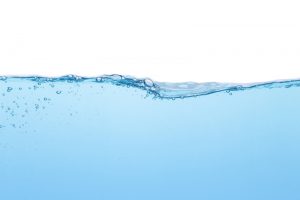 How’s your air conditioning in Shreveport? If you’re sitting pretty with a happy air conditioner then this blog post probably isn’t for you. However, if you’re pacing around your house with your hands on your head trying to figure out what to do about your broken-down air conditioner, then keep reading.
How’s your air conditioning in Shreveport? If you’re sitting pretty with a happy air conditioner then this blog post probably isn’t for you. However, if you’re pacing around your house with your hands on your head trying to figure out what to do about your broken-down air conditioner, then keep reading.
AC breakdowns can be one of the worst experiences to have. They rarely happen at convenient times. Temperatures can be scorching hot as your first line of defense against heat and humidity stops working. What do you do?
That’s where we can help. Professional HVAC technicians pride themselves on being able to repair air conditioners and provide long term solutions for homeowners that are struggling. If your AC breaks down, follow our step by step guide and make sure you give our team a call today!

 Air conditioners make noises sometimes, but they’re not normal. When we say “normal,” we mean that they’re not good, or they usually denote a problem that’s occurring somewhere deep inside the system. The difference here is that a normal noise is something that can be ignored, but any noise that’s coming from your air conditioner deserves to be investigated.
Air conditioners make noises sometimes, but they’re not normal. When we say “normal,” we mean that they’re not good, or they usually denote a problem that’s occurring somewhere deep inside the system. The difference here is that a normal noise is something that can be ignored, but any noise that’s coming from your air conditioner deserves to be investigated. Our air conditioners have been through a lot since last year. While they’ve been sitting outside, they’ve had to endure the cold temperatures, wet rain, and the harsh winds that we’ve been protected from. It can be hard to just turn on your AC system and realistically have it work perfectly without any professional help. That’s why we talk about
Our air conditioners have been through a lot since last year. While they’ve been sitting outside, they’ve had to endure the cold temperatures, wet rain, and the harsh winds that we’ve been protected from. It can be hard to just turn on your AC system and realistically have it work perfectly without any professional help. That’s why we talk about  Grinding, buzzing, screeching, no these noises are not normal and you should stop thinking they are! There’s nothing more frustrating, from our point of view, than a homeowner who has gone years listening to their air conditioner grinding loudly while they believed it was ordinary. We’re writing this blog post with the hope that you’re one of the more vigilant of homeowners since we just hate seeing a perfectly good AC unit slowly breakdown due to neglect and ignorance.
Grinding, buzzing, screeching, no these noises are not normal and you should stop thinking they are! There’s nothing more frustrating, from our point of view, than a homeowner who has gone years listening to their air conditioner grinding loudly while they believed it was ordinary. We’re writing this blog post with the hope that you’re one of the more vigilant of homeowners since we just hate seeing a perfectly good AC unit slowly breakdown due to neglect and ignorance. Have you ever stopped to listen to your home’s air conditioning system as it runs? We recommend doing this occasionally, since it can sometimes identify when there’s a malfunction in it (you don’t want to hear grinding or hissing noises, for example). One sound you’ll occasionally hear that isn’t an indication of a problem is dripping water. Your air conditioner doesn’t use water to cool down the air—only special evaporative coolers do that—but water is a byproduct of how it works.
Have you ever stopped to listen to your home’s air conditioning system as it runs? We recommend doing this occasionally, since it can sometimes identify when there’s a malfunction in it (you don’t want to hear grinding or hissing noises, for example). One sound you’ll occasionally hear that isn’t an indication of a problem is dripping water. Your air conditioner doesn’t use water to cool down the air—only special evaporative coolers do that—but water is a byproduct of how it works.
